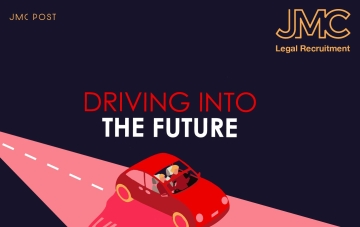
Driving into the Future
11 Aug, 20223 Mins
Is UK law ready for driverless cars?
Self-driving technology is rapidly developing, and Britain’s first driverless vehicles could get approval and be on our roads later this year.
With 88% of road collisions caused by human error, driverless vehicles could significantly reduce this, and new laws placing the legal responsibility for any accidents onto the car makers.
In April, the UK Government announced plans to update the Highway Code as part of a wider legal framework, making space for a future on our roads for fully autonomous, self-driving vehicles. That legal framework isn’t likely to be in place until 2025, although the UK Government is keen to be seen at the forefront of this area of technology.
If you’re thinking “What about Tesla?” Currently, Tesla cars can only have partial automation in the UK to be legal on the roads. The human driver must pay full attention and have their hands on the steering wheel.
But Tesla and other car makers are keen for governments grappling with the legal ramifications of fully autonomous cars to get a wiggle on and be ready for a future rapidly speeding towards us.
Cars, buses and trucks communicating with each other and road infrastructure supporting the technology in the vehicles to reduce congestion could be here within the next decade.
But with it comes concerns about safety, our poor infrastructure in places and cybersecurity. Also, the transition process is likely to require a lot of understanding from drivers about their continued legal responsibility as cars perform more driving tasks.
Vehicles with any level of automation are hugely popular, so when the right driverless car is finally ready, the law has a lot of catching up to do.
Written by Jason Connolly



